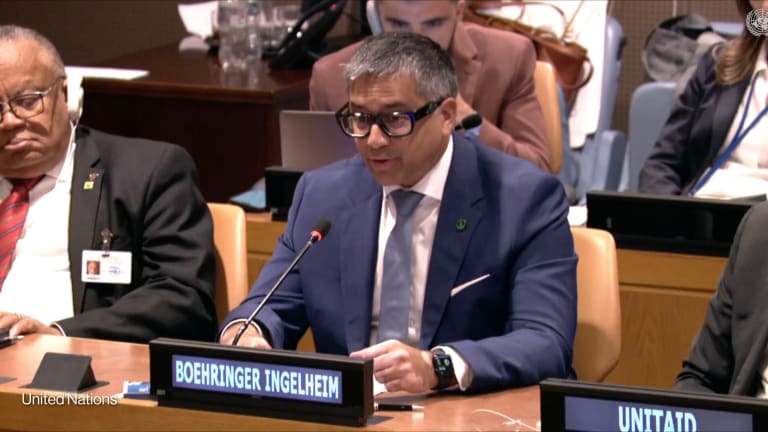For the Global Fund to Fight AIDS, Tuberculosis and Malaria, the funding priorities are in the name. But links between AIDS and TB, in particular, and noncommunicable diseases, have driven calls for the financier to expand its focus to offer more funding for services that integrate NCDs such as cardiovascular disease and diabetes.
“The awareness is coming from people living with HIV about multiple morbidities and the problems they’re facing,” Alison Cox, the advocacy and policy director at the NCD Alliance, told Devex. “It’s just a cruel irony that the success of HIV treatment and investment in it means that people are living long enough to die of NCDs. That is what we need to address.”
In response, the Global Fund is shifting more explicitly in the direction of financing for integrated programs that include NCDs.








